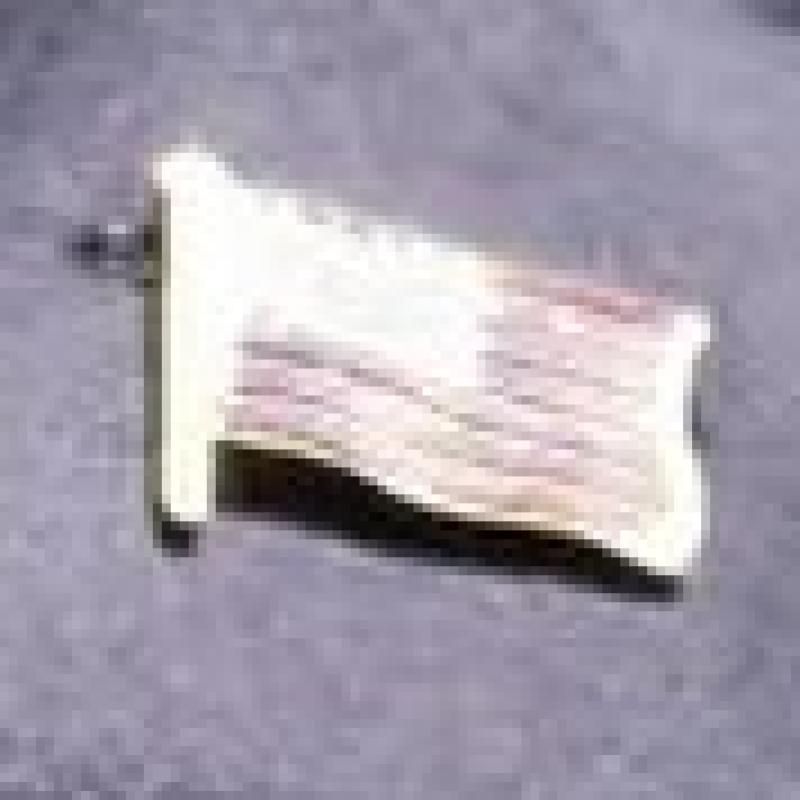Huawei hits back over Trump's national emergency on telecoms 'threat'




Huawei has hit back at Donald Trump’s administration after it declared a national emergency to ban technology from “foreign adversaries” and subjected the Chinese telecommunications company to strict export controls.
An executive order issued by the US president on Wednesday declared a national economic emergency that empowers the government to ban the technology and services of “foreign adversaries” deemed to pose “unacceptable risks” to national security, including from cyber-espionage and sabotage.
The order did not name specific countries or companies but came after months of US pressure on Huawei. It reflects government concerns that equipment from Chinese suppliers could pose an espionage threat to US internet and telecommunications infrastructure.
In a statement reported by the state-run Global Times, Huawei said: “If the US restricts Huawei, it will not make the US safer, nor will it make the US stronger. It will only force the US to use inferior and expensive alternative equipment, lagging behind other countries ... and ultimately harming US companies and consumers.”
The company said it was willing to “communicate with the US to ensure product security”, echoing reassurances given to the UK .
Trump’s executive order invokes the International Emergency Economic Powers Act, which gives the president the authority to regulate commerce in response to a national emergency that threatens the US. The order directs the commerce department, working with other government agencies, to draw up a plan for enforcement within 150 days.
The commerce department said it was adding Huawei and 70 affiliates to its “entity list”, banning the company from acquiring components and technology from US firms without government approval.
The world’s two largest economies have recently increased tariffs in a battle over what US officials call China’s unfair trade practices. Talks between Washington and Beijing have ground to a halt, causing volatility amid concerns about a global trade war.
Gao Feng, a spokesman for China’s ministry of commerce, said: “China has emphasised many times that the concept of national security should not be abused, and that it should not be used as a tool for trade protectionism”.
A foreign affairs spokesman described US actions against specific Chinese companies as disgraceful and unjust. “We urge the US side to stop oppressing Chinese companies under the pretext of security concerns and provide a fair, just and non-discriminatory environment for their normal investment and operation,” the spokesman said at a press briefing ahead of the executive order.
Trump’s commerce secretary, Wilbur Ross, said the order, which has been under review for more than a year, was aimed at protecting the supply chain from “foreign adversaries to the nation’s information and communications technology and services supply chain”.
“Under President Trump’s leadership, Americans will be able to trust that our data and infrastructure are secure,” he said.
Initial image: Donald Trump has directed the commerce department to draw up a plan for enforcement of his order. Kevin Dietsch/Pool/EPA







I've been following this attentively, because, quite simply, Huawei makes the best phones and tablets at the moment. I just sent my Samsung S8+ in for repairs under guarantee - two years in the EU, thank you very much - half hoping that the guarantee would be refused, making me very angry and giving me an excuse to buy a Huawei P30 Pro, the best phone in the world. No such luck - the Samsung is on it's way back, with more stuff done (new battery!) than I requested.
Since this began, I have seen no evidence of Huawei back doors into telecom gear. There was a noisy fake news story out of Italy, but the local telecom company quickly put an end to it.
If Huawei is putting back doors in its gear... then why the fuck hasn't NSA found them? The NSA is supposedly capable of listening to any phone call anywhere in the world... but they can't catch Huawei?
I'm perfectly willing to believe that China/Huawei would spy on us... but I find it very troubling that we cannot prove it. Is Huawei more capable than the NSA? That's scary....
Not surprising that some people will believe everything the Chinese powers that be says.
It's amazing at all the data that these devices can obtain...and transmit.
It's amazing that NSA can't find any evidence...
It isn't amazing that some people will accept as Gospel anything that their Glorious Leader tells them.
Save the "Chinese" . They're against Trump.

I can't stop shaking my head on this one .
Anytime a foreign adversary is allowed to 'update software'...there is a door left wide open. That isn't okay...I don't care how good their product might be.
So what you're really saying is that we should ban Huawei because they're potentially a problem... not because they are a problem.
That idea is OK with me, but... why can't we just say it: "We will not allow any foreign telecom equipment into American systems."
A question, though... If modern switches are so vulnerable, how can we be sure the Chinese won't hack whatever brand of switch we install? Aren't we kinda like the Dutch boy with his finger in the leaking dike?
Isn't the problem "cybersecurity", independent of manufacturer?
Here...read the actual executive order ...
Taking a proactive stance when it comes to National Security is necessary.
Is it that modern switches are vulnerable, or is it software ? As the linked article above shows...the NSA pokes and prods foreign equipment .
We agree... I think...
I don't really know enough about the hardware/software aspect of this issue. I doubt most do. However, I find the idea of an American owned business being in charge of installing and updating our own equipment more palatable than a foreign entity doing it. Communication is probably the most vital national security issue there is. If the NSA, FBI and CIA is concerned about it, that's good enough for me.
To a degree...we agree.
Since Huawei is a corporation that falls into the category listed in the executive order...they can't play here...and we won't play with them.
Of course.
Is it that simple? Remember Trump lifting financial constraints on ZTE ? Are we really saying that NSA can't protect us?
Trump didn't lift financial constraints on ZTE ...
Do we take a reactive or proactive stance with Foreign Adversaries? Believing that NSA and other agencies will 'protect' us is too simplistic and doesn't factor in intellectual theft, nor cover many of the other threats to our National Security.
So, is it worth the loss of intellectual properties, technology, etc. just so you can have a reliable tablet or phone?
Is it simply a two-option choice? I'm sure most Americans would be happy to accept less competent phones in return for cybersecurity. But I very much doubt that that's the deal we're facing. The one is not much related to the other.
Maybe Trump has a strategy. For the moment, it feels more like flailing.
No, it isn't...I was simply referring to your claim that their phones and tablets are 'the best'. What technology was stolen to make their products the 'best'?
None, to my knowledge.
They use known components, except when they create their own as in the unique telephoto camera on the P30 Pro. The camera's software, which gives it extraordinary low-light performance, is their own. Their most recent tablet, the Mediapad M5, has nothing extraordinary, but all its components are the best available.
There seems to be no cheating involved. Just good engineering.